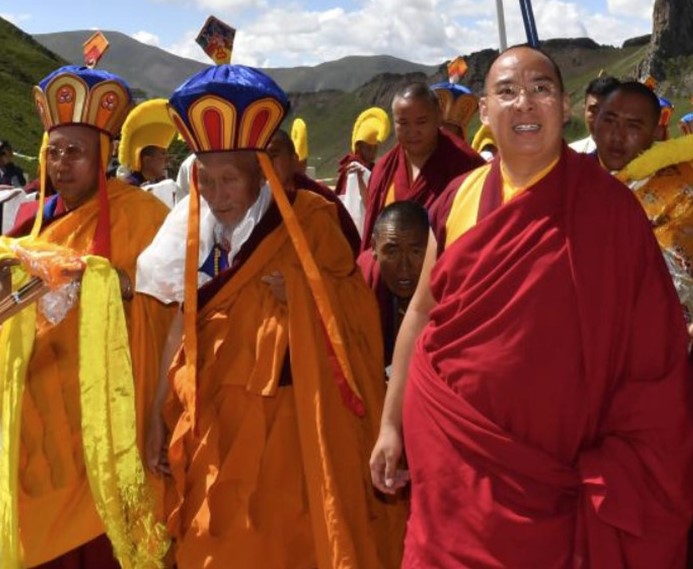China’s Efforts to Legitimize the 11th Panchen Lama: A Focus on Thailand and Nepal
Share

China is making efforts to enhance the profile of the 11th Panchen Lama Gyaltsen Norbu (GN), who it selected. GN is also a member of the Chinese People’s Political Consultative Conference and currently holds the posts of Vice-Chairman of Buddhist Association of China (BAC) and President of its Tibet unit.
China is working on organizing two international visits for GN. The first one being to Thailand (Dec 5-6) and second to Nepal (Dec 15-16). Till date, only international exposure of GN has been participation in Vesak-related events in Bangkok in May 2019, as part of the BAC delegation.
Gyaltsen Norbu’s visit to Thailand would be as part of the delegation carrying Buddha relics from China for expositions in Thailand. The Chinese delegation comprises officials from Chinese State Administration of Religious Affairs and BAC, Abbots from various Chinese monasteries, and Chinese artists. Though the Thai Government is reluctant to facilitate GN’s participation in the exposition, the Chinese Embassy in Bangkok is aggressively pursuing the issue with the Thai Ministry of Foreign Affairs. As a pressure tactic, China has demanded 40 million Thai Baht (US$ 1.15 million) from the Thai Government for the exposition.
With regard to Nepal, this would be GN’s first visit to the country. The approval for this visit was given by Nepalese Prime Minister K.P. Oli after the intervention of Chen Song, Chinese Ambassador to Nepal. Notably, GN’s scheduled visit to Nepal would coincide with the ‘9th South China Sea (Nanhai) Buddhism Roundtable Conference’, to be jointly organised (Kathmandu, Dec 12-15) by Shenzhen-based Hongfa Temple and Shenzhen Buddhist Association in Nepal. The event is likely to witness participation by eminent monks, scholars and government officials from around twenty countries. The 8th edition of this Conference was held (Dec 2023) in Colombo, Sri Lanka and was attended by more than 400 monks, scholars, government officials and representatives from 25 countries
China’s attempts to enhance international exposure of GN is linked to its desire of making him more acceptable within Buddhist clergy and position him as a credible Buddhist leader who can influence the 14th Dalai Lama’s (DL) succession process. He will be expected to play a critical role in endorsing China-identified candidate as the 15th DL, and also get other clergy to follow suit.







